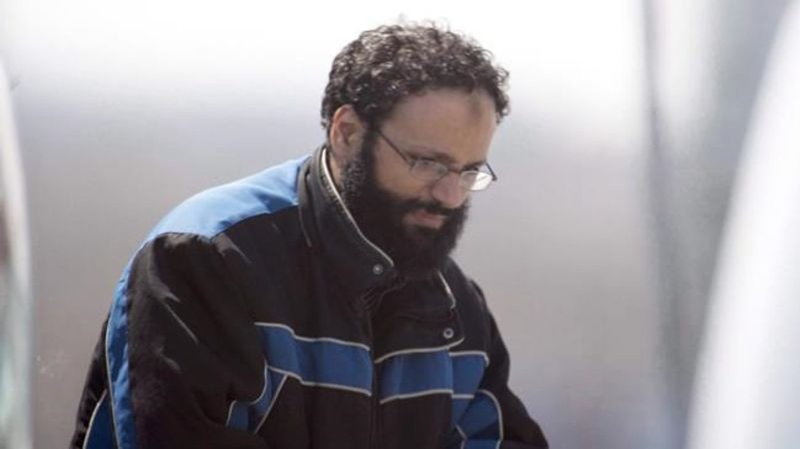
No new trial for two men convicted in Via Rail terror case: Supreme Court
OTTAWA — The Supreme Court of Canada says there should be no new trial for two men convicted of terrorism offences.
Raed Jaser and Chiheb Esseghaier were found guilty in 2015 of terror-related charges arising mainly from an alleged al-Qaida-inspired plot to derail a passenger train travelling between the United States and Canada.
Both men appealed their convictions, with counsel for Jaser and a court-appointed lawyer for Esseghaier arguing the jury at the trial was improperly constituted.
In August last year, the Ontario Court of Appeal ordered a fresh trial for the men on grounds the jury was indeed chosen incorrectly.
